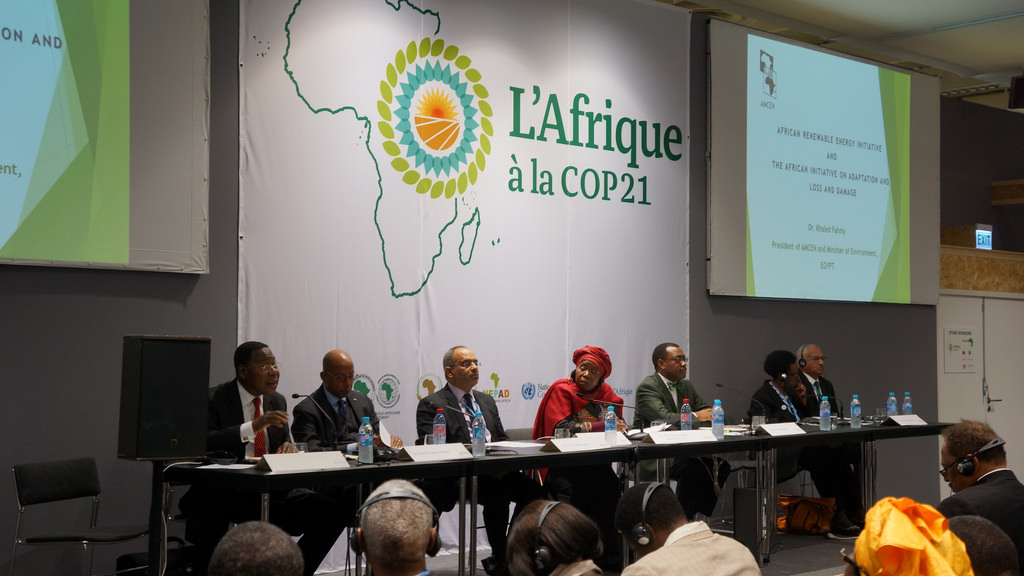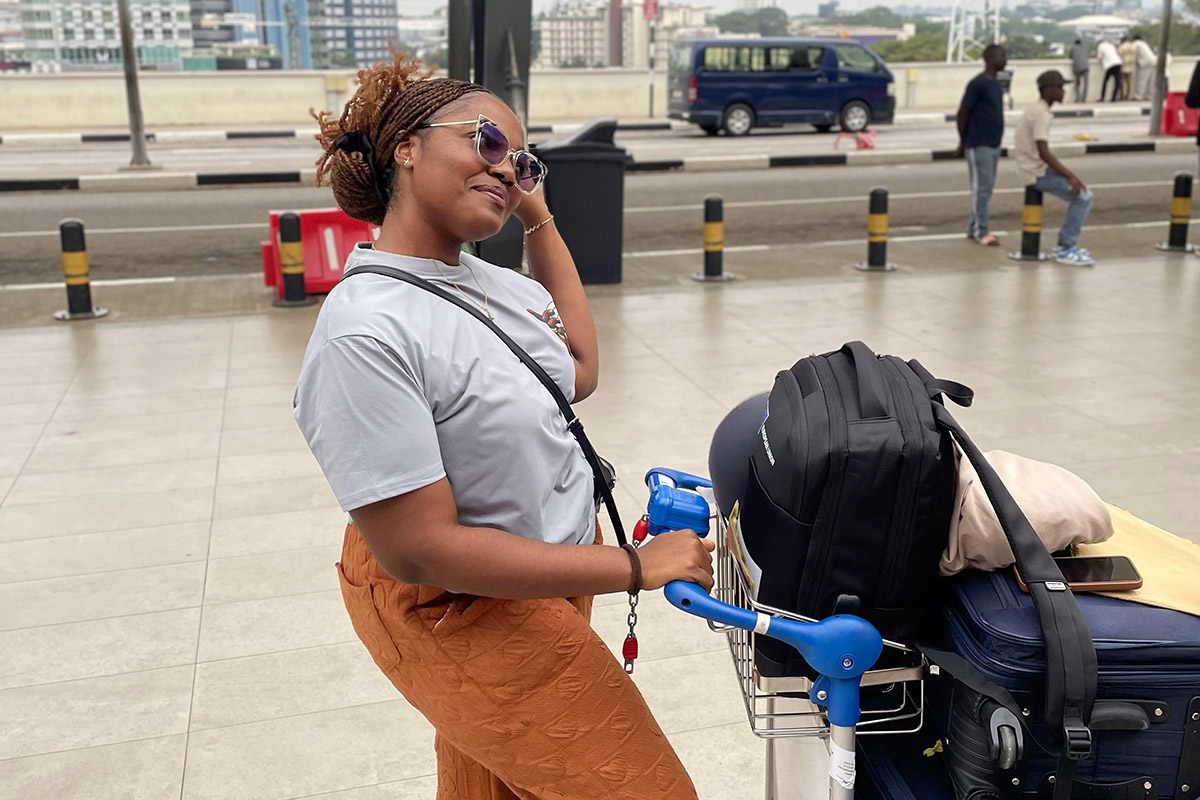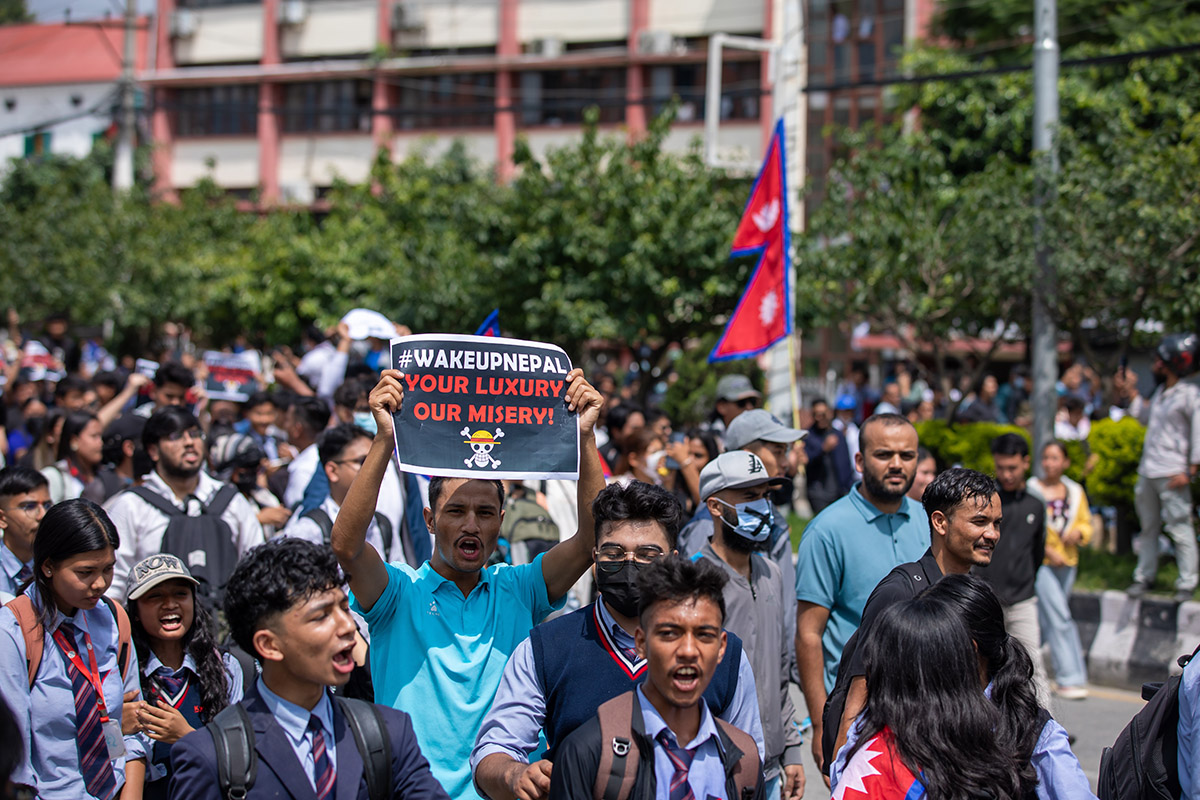“African leaders need one voice at UN”
December 15 Climate change is behind poverty and migration in Africa, writes Fariya Abubakari, 26, a Commonwealth Correspondent from Bawku, Ghana. She urges a united voice from leaders to address the challenge and press for solutions.
Climate change is behind poverty and migration in Africa, writes Fariya Abubakari, 26, a Commonwealth Correspondent from Bawku, Ghana. She urges a united voice from leaders to address the challenge and press for solutions.
Climate change is one of the major challenges confronting African people, their governments and the African Union (AU).
It has been argued that climate change leads to acute conflicts, therefore it becomes imperative to achieve a proper understanding of the phenomenon in Africa.
“Africa is already experiencing earlier and more damaging impacts of climate change than many other parts of the world. The urgency of climate threats calls for determined leadership. Bold, proactive leadership is also required to harness effectively the opportunities now before us to transition to a low carbon global economy,” says Kofi Annan, former Secretary-General of the United Nations.
According to the United Nations Development Programme (UNDP), the progress in human development achieved over the last decade may be slowed or even reversed by climate change as new threats emerge to water and food security, agricultural production and access, nutrition and public health. The impacts of climate change – sea level rise, droughts, heat waves, floods and rainfall variation – could by 2080 push another 600 million people into malnutrition and increase the number of people facing water scarcity by 1.8 billion.
The Horn of Africa (Ethiopia-Kenya-Somalia border) has been severely hit by recurrent droughts, causing livestock losses that have plunged approximately 11 million people into crisis and triggering the mass migration from drought-affected areas. Severe weather and loss of arable land due to deforestation and overgrazing has led to soil degradation that reduces agricultural yields, and causes crop failure and loss of livestock that endangers rural populations .
The millennium Development Goal of halving the number of undernourished people by 2015 is becoming more difficult to reach as a result of the adverse impact of climate change. Africa’s food security situation is particularly worrisome. Of the 36 countries worldwide currently identified as food insecure, 21 are in Africa. The cause should unite all Africans, who must take climate issues seriously as the continent is the most vulnerable to the impacts of the phenomenon. African leaders must stand up for a deal that delivers for African communities on the front-lines of climate change. They must rise to the challenge.
African poverty not only makes the people vulnerable, but also limits their choices. In addition, natural disasters such as floods overwhelm poor households, destroying their ability to cope. If crops fail, they have few or no alternative means to provide food for their families.
According to a United Nations report on development in Africa, the region is failing to keep pace with the rest of the world in terms of development.
“African leaders must push for ‘development first’ while emphasizing that it is possible for Africa to expand its economies and improve the well-being of its citizens by choosing a low-carbon path. A strong African voice promoting the opportunities for a ‘triple win’ in energy, climate action and poverty reduction can set the tempo for a scaling up of low carbon energy investment, not just on the continent but globally,” Kofi Annan reported.
Africa’s variable climate is already contributing significantly to its development problems, and yet government support that would help poor households to adapt to climate change is limited. The secretary of the United Nation Framework for Climate Change Convention (UNFCCC) estimates that US $220 million per year will be required by African countries to adapt to climate change by the year 2030. Developed countries have an obligation to provide financial resources to assist African countries to implement the UNFCCC.
In this respect, a financial mechanism to provide funds to developing countries has been established. Despite the existence of this mechanism, limited financial resources have been made available to Africa. Therefore Africa needs to aggressively push for a review of this financial mechanism and pave the way for the provision of financial assistance to African countries to address climate change challenges.
Greater cohesion among African countries will be essential to success, both in terms of the positions they take to Paris as well as how they negotiate. A perfect opportunity for action is at the UNFCCC conference of parties in Paris. Africans will have at least one more chance to unite and draft common goals for that global convention. Africa must act as one region and speak with one powerful voice, as Africa will have most to lose from a weak agreement.
Reach me at fariyaabubakari@yahoo.com
photo credit: Rwanda’s Delegation to Paris Climate Talks via photopin (license)
…………………………………………………………………………………………………………………
About me: I am from Bawku in the Upper East Region of Ghana, where I am the Country Coordinator of End Ecocide Ghana, a soil scientist and a climate tracker activist who writes about Ghana’s role in international climate negotiations. I am a graduate student of Kwame Nkrumah University of Science and Technology and love researching, reading, writing and cooking.
…………………………………………………………………………………………………………………
Opinions expressed in this article are those of the author and do not necessarily represent the views of the Commonwealth Youth Programme. Articles are published in a spirit of dialogue, respect and understanding. If you disagree, why not submit a response.
To learn more about becoming a Commonwealth Correspondent please visit: http://www.yourcommonwealth.org/submit-articles/commonwealthcorrespondents/
…………………………………………………………………………………………………………………




